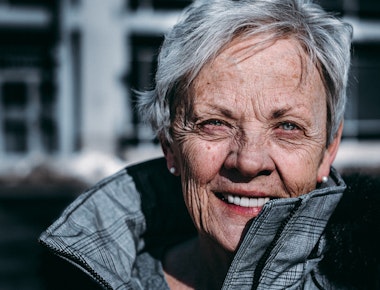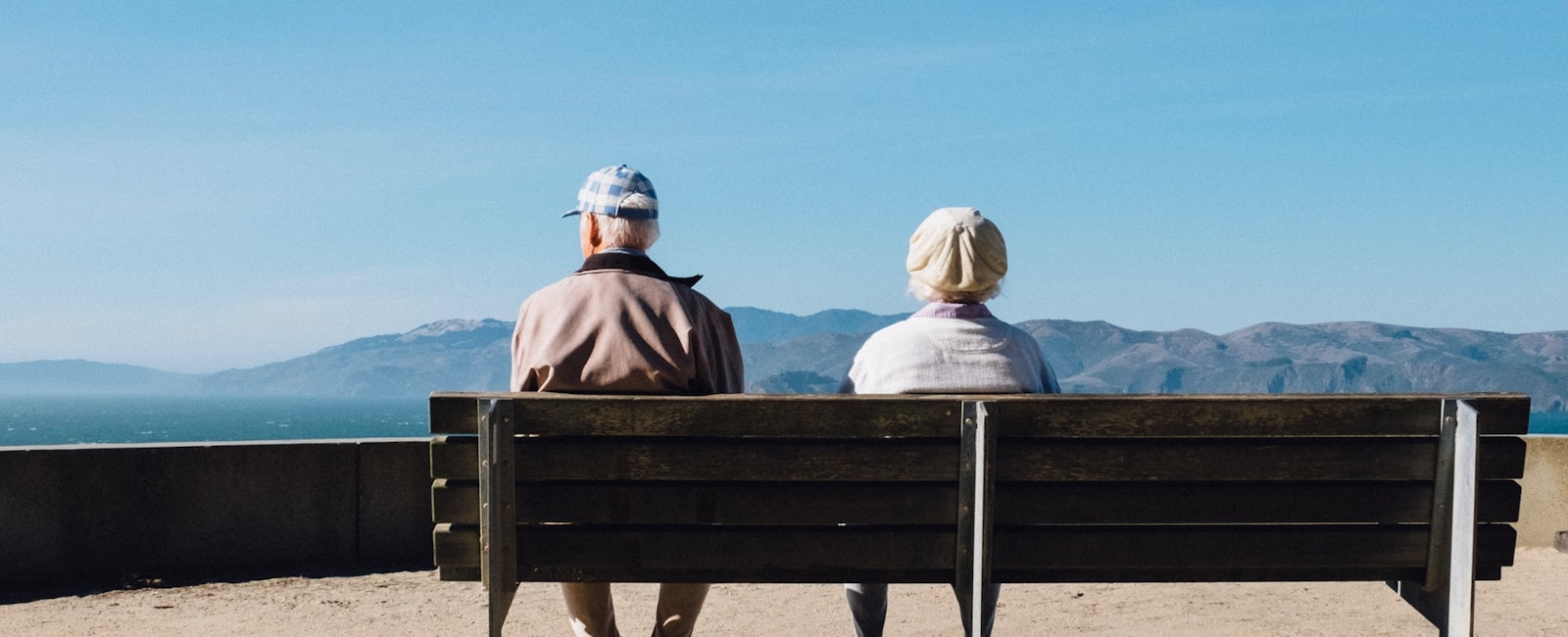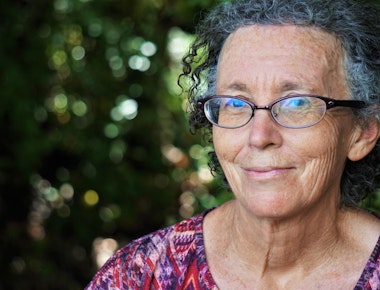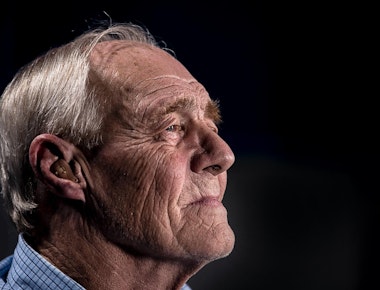

What is the Older Americans Act (OAA)?
The Older Americans Act was passed in 1965, established to help the aging population grow old with dignity. Since then, the OAA has helped tackle some of the common problems that older people may face and experience.
The OAA looks to ensure that older people do not experience age discrimination and pays particular attention to ensuring those in minority groups are not adversely affected when getting older. For example, it has been seen in the past that older individuals from the Native American community have specific needs with regards to their healthcare. Furthermore, the OAA hopes to engage social services programs better and empower service providers to improve outreach to very isolated rural areas.
Additionally, as generations age, federal funding in every single fiscal year needs distributing in different ways to address changing needs. In 2020, Congress passed the Older Americans Act reauthorization to ensure that the law continued to meet those changing needs of older adults. That has never been more so the case in the wake of the COVID-19 pandemic, which affected the well-being of so many.
What exactly is the Older Americans Act?
In short, the OAA is a critical way that the Government can ensure vulnerable elder rights protection. However, we must understand the nuances behind the OAA for its power to be genuinely felt.
The OAA is a federal law that seeks to encourage a high standard of living for all Americans over 60. It targets the specific issues that older people may face, like elder abuse, for example, through different schemes and programs. In addition, it looks to support local area agencies, support services, and community-based services. The intended result is that health promotion and disease prevention are addressed, amongst many other concerns.
It is a far-reaching law with many different agencies and government departments involved. They all work to ensure community adherence through the Act’s ‘aging network.' For example, the following organizations all play a crucial role in making certain society is held accountable to the OAA:
- Administration for Community Living (ACL)
- Department of Health and Human Services
- Administration on Aging (AOA)
However, many other well-known entities are touched by this Act. For example, Medicaid, local senior centers, and larger state agencies all ensure that OAA funds and OAA programs provide valuable services to the community and seek to achieve the OAA’s targets.
What does the Older Americans Act do?
The OAA helps ensure that older Americans can rely on a certain standard of living when they pass 60. To do so, the Act protects older Americans by making sure the below needs are met.
Income
When in retirement, people are more sensitive to shocks in their income - like widowhood, for example. According to the Society of Actuaries, close to a third of all retirees with annual income under $35,000 are said to experience at least four ‘shocks’ in retirement. The OAA seeks to protect that income and ensure it is of a high enough level to support a certain standard of living so even those from low-income families can enjoy a good quality of life.
Employment
The OAA law means anyone over 60 has a right to employment and should be protected from age-based discrimination. In the past, some individuals have been denied employment because of their age. Between 1997 and 2018, for instance, over 400,000 workers filed age discrimination claims with the Equal Employment Opportunity Commission. The OAA seeks to eradicate this through community service employment or otherwise. The Department of Labor is also vital in the effective implementation of the OAA as it can help ensure no older adults are negatively impacted when they are working.
Healthcare
According to a 2019 survey by ACL, almost a quarter of 65-74-year-olds and nearly a third of people over 75 considered their health fair to poor. Understandably, healthcare is a big topic for older generations who are more likely to get sick or develop life-changing conditions. Notably, healthcare provisions need to be there to help tackle problems seniors may have, such as
- Mental health
- Neurological conditions, such as Alzheimer's disease
- General physical health
- Coping and living with disabilities
A referral from a doctor can, and should, be given as soon as possible.
Additionally, there are many other ways that the Act tries to help our elder community age in a dignified manner - adult daycare being one of them. However, they also support critical programs that may not be immediately obvious. The national family caregiver support program, for example, does excellent work through OAA services to ensure that the community around seniors is also supported.
Nutrition programs and nutrition services are also becoming increasingly more important to educate older generations on how their diet can help keep them healthier so that accessing medicare is not always the first solution.
Housing
The OAA helps ensure that our older generations have access to a suitable standard of housing. There is also a heavy emphasis on supporting those who want to continue independent living for as long as possible, as almost a third of all adults over 60 live alone. Community programs can help, for example, by helping to fund some home care. Additionally, the long-term care ombudsman program advocates for those in nursing homes or assisted living facilities homes. The program consequently ensures a high quality of care in those institutions.
Why is the Older Americans Act so important?
The Older Americans Act is a crucial piece of legislation that protects the rights of seniors and ensures they can look forward to growing old in a dignified manner, living their life how they want to. Through its appropriations, it facilitates elder abuse prevention, too, which is crucial to creating a community where we hold seniors in high esteem instead of viewing them as a drain on society.
That switch in culture is fundamental to the OAA’s success. By creating a society that places the elderly on a pedestal instead of seeing them as a burden, the hope is that we can revere them and continue to learn from them. In doing so, the issues that older people experience should hopefully start to ease, and families may be more sensitive to the notion that their elder loved ones can easily become isolated.
The OAA may be almost 60, but its relevance and use have never been greater. COVID19 emphasized how vulnerable our elders are. It's paramount that society does all it can to protect seniors as they once protected us.



